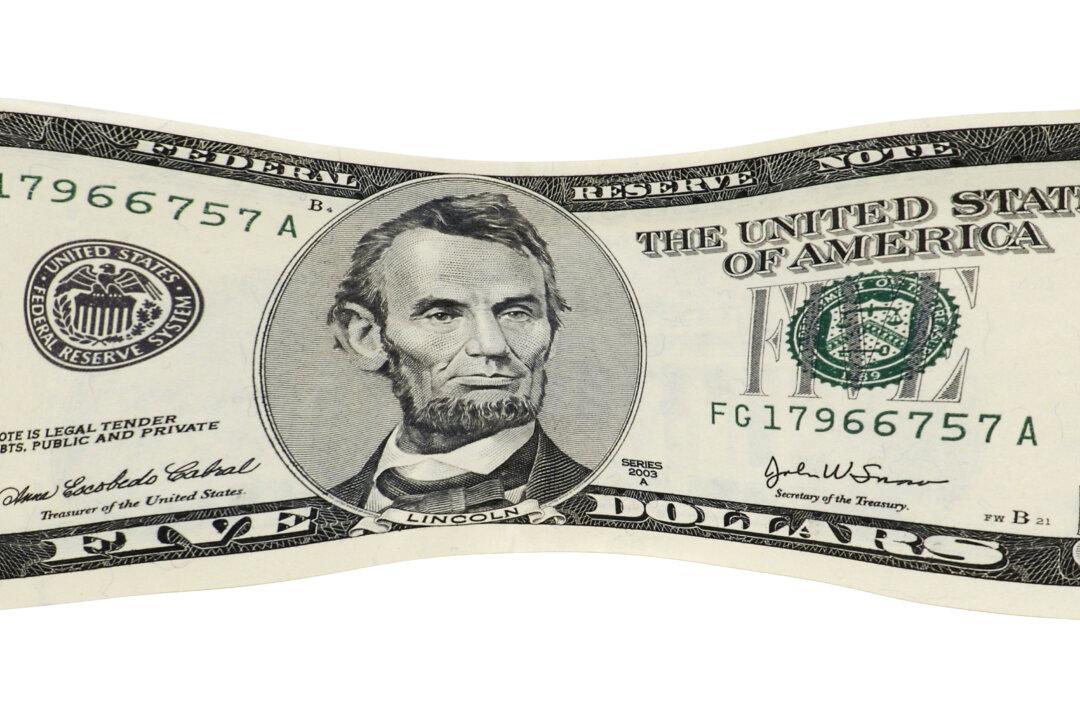High inflation rates have hit almost everything this summer—and it does not look like they will come down anytime soon. Most people’s income has not kept pace with it, and it has become necessary for many people to try and make their dollar go further.
CNBC reports that 63 percent of Americans are living paycheck to paycheck, which has increased from 57 percent one year ago. It means that many Americans are currently struggling to make ends meet.






